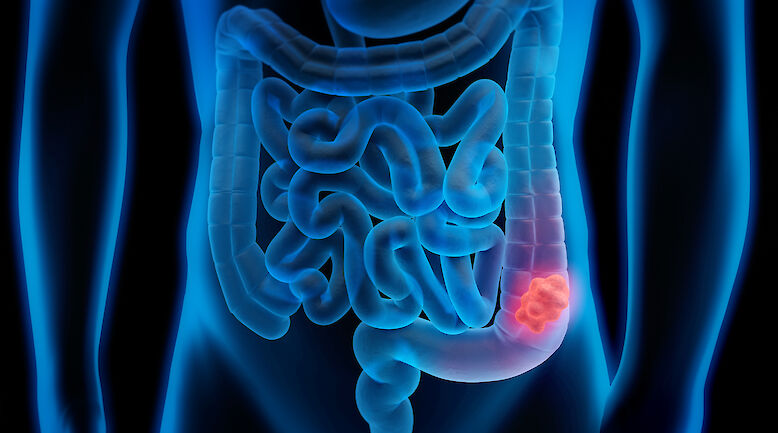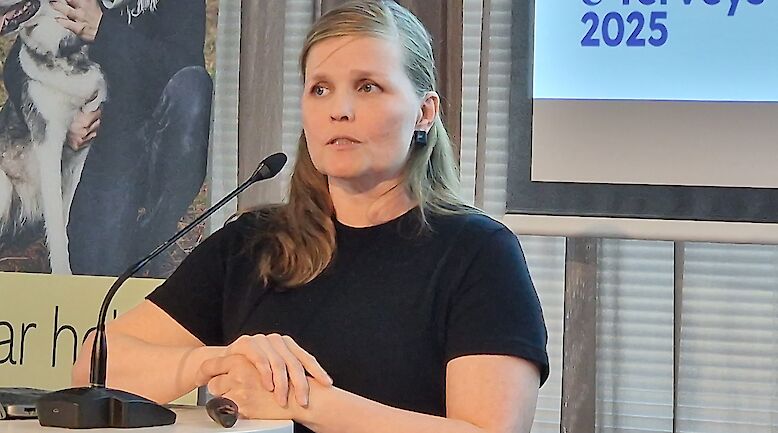Results of the colon cancer screening study in wellbeing services county of Southwest Finland in 2022

Background Colon cancer screening started in Finland in 2022. Screening will increase the incidence of colon cancer. The purpose of this study was to examine the findings and complication risks of the screening.
Methods People who participated in colon cancer screening in the wellbeing services county of Southwest Finland area between 1st of March and 16th of September 2022, were collected for the study. 6356 people participated by giving a stool sample. 331 people gave a positive sample, which of 261 participated in the colonoscopy. The findings of screening, complications and the risk of bleeding related to medication affecting blood coagulation were analyzed from the data.
Results The incidence of colon cancer among those who participated in colonoscopy was 6.5% (n = 17). Polyps were found in the majority of those who participated (n = 190, 73.4%). Only one patient had a mild complication. Anticoagulative medication was found to have no effect on the risk of bleeding.
Conclusions Screening increases the incidence of colon cancer among asymptomatic and mildly symptomatic patients. Screening can reduce the mortality rate of colon cancer, as cancers can be detected in their early stages. Complications are rare, so screening can be considered a safe way to screen for colon cancer.
Elli Rauhaniemi, Kimmo Salminen, Jukka Koffert












